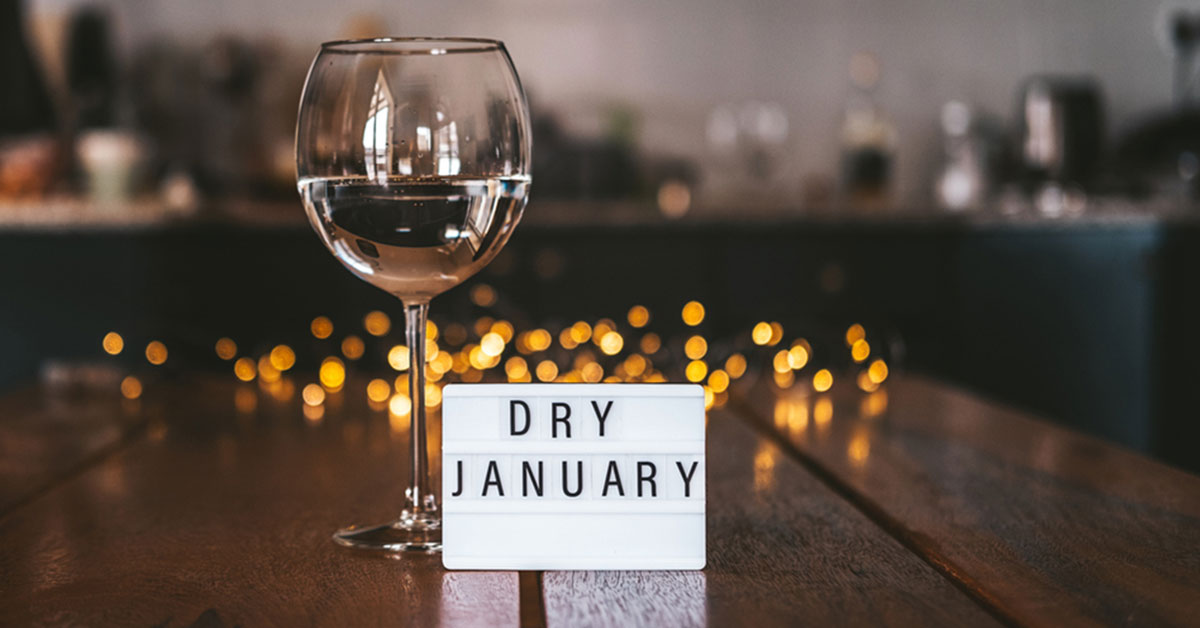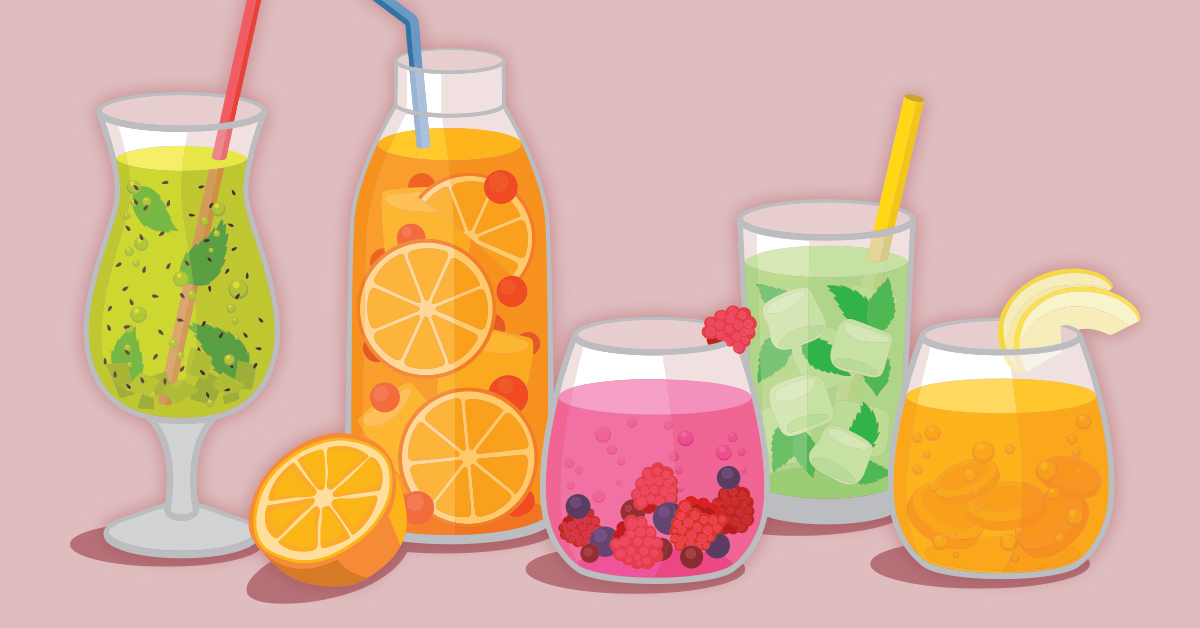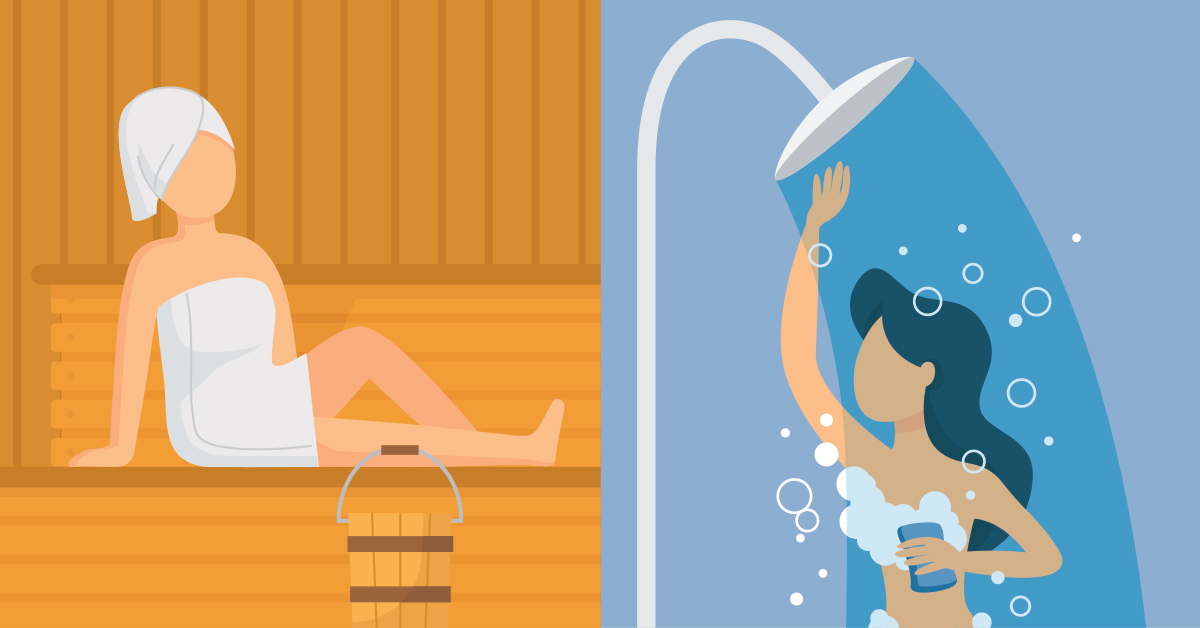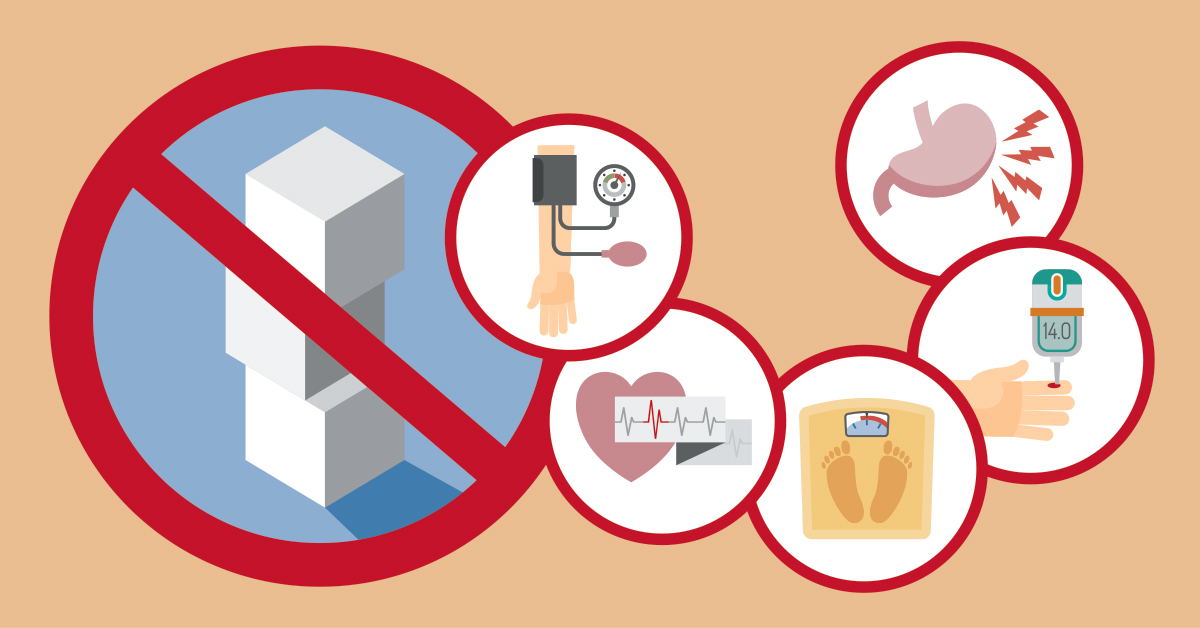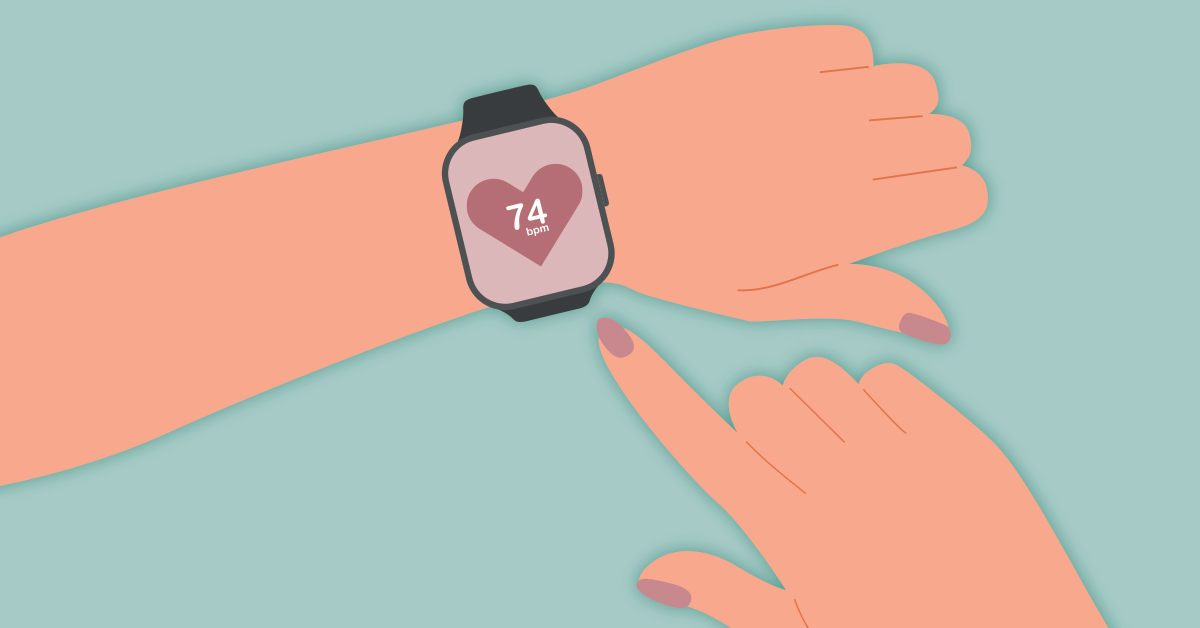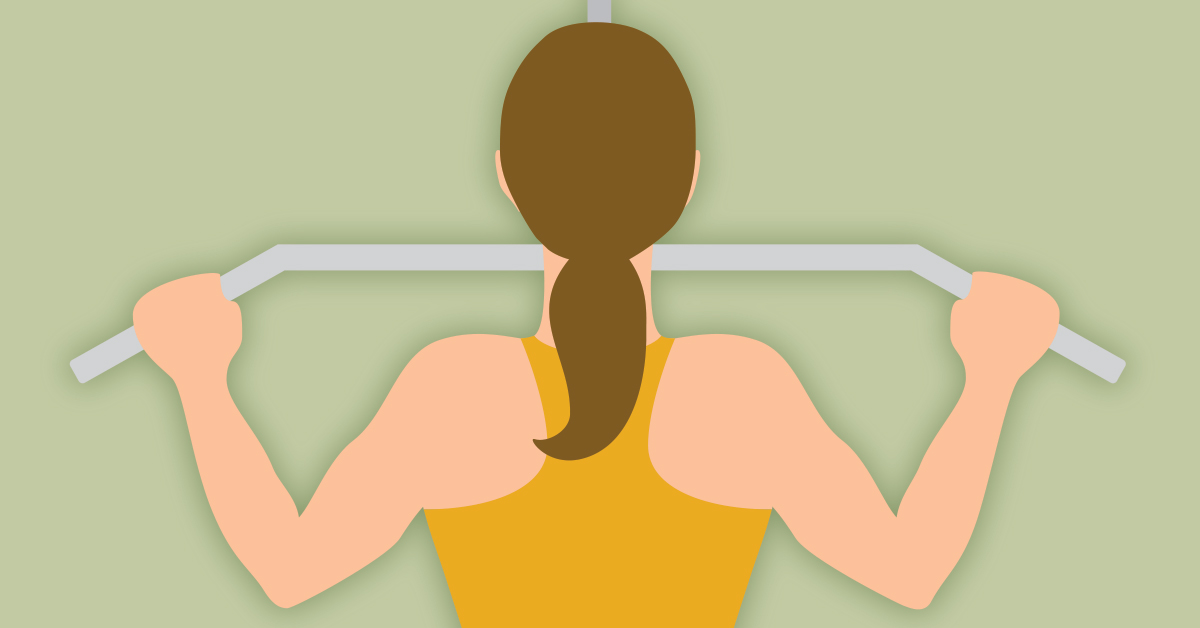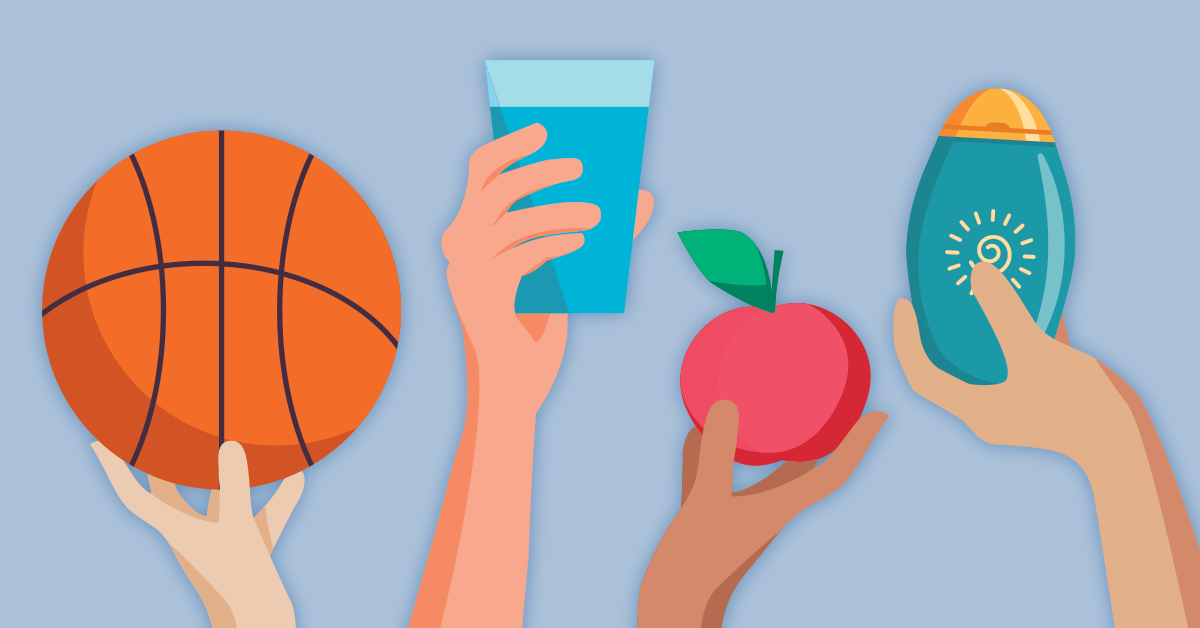After a holiday season filled with cheers, bubbly, and merry-making, maybe Dry January is worth considering. If you decide to take on the challenge, check out our guide to kickstart the year in a whole new way.
What is Dry January?
If you’ve heard about the Dry January trend but need to figure out what it is, let’s dive in. Alcohol Change UK, a British charity aimed at reducing the harm caused by alcohol, initiated this health-forward initiative over a decade ago and in the past couple of years, it’s caught on in the US.
The idea behind Dry January is simple: it invites adults to abstain from alcoholic drinks during the first month of the year to reset their relationship with alcohol. It doesn’t necessarily mean quitting drinking altogether, but instead taking a break after indulging during the festive season and becoming more aware of one’s drinking habits.
This challenge may appear daunting if you’re accustomed to having a glass or two during social occasions or happy hours. However, it’s important to remember that even small changes can significantly impact our overall health. Dry January focuses on reassessing our relationship with alcohol to increase consumption awareness; it is not about giving it up altogether. This challenge is a great place to start if you want to make healthier choices in the new year. Minor adjustments can yield substantial health benefits. Every step towards mindful drinking is a stride towards improved overall well-being.

Alcohol Change UK

Get facts, tips, encouragement, success stories an more on social media.
Health benefits of Dry January
Going alcohol-free for a month has some amazing health benefits. Taking a break from drinking during January doesn’t have to be just an annual resolution; it could be life-altering regarding your health.
Blood pressure and heart rate
Ditching alcoholic drinks reduces the risk of high blood pressure and irregular heart rate. Alcohol intake may increase these risks, so abstaining from alcohol means you’re giving your heart a well-deserved break. A study by BMJ Open showed that short-term abstinence from alcohol improved blood pressure levels among regular drinkers. So, going dry even for just one month could help reset those numbers.
Weight loss and energy levels
Another welcome benefit for many is potential weight loss due to reduced calorie consumption. You’ll be surprised how many calories are hiding in your favorite cocktails. The BMJ Open study noted above also showed 49% of participants reported losing weight after their dry month.
In addition, avoiding alcohol may boost energy levels. Heavy drinking can disrupt sleep patterns. By cutting down on or eliminating alcohol consumption, you can enjoy more restful sleep, leading to improved energy levels and a better overall mood.
Mental health
Although alcohol makes us feel good for a short period of time, it is considered a depressant. By abstaining from alcohol, you may begin to see improvements in anxiety and depression-type symptoms, self-confidence, and overall stress levels. You may also experience improved memory, quicker problem-solving, and a longer attention span. 1
Improved skin health and mood stability
You might also notice skin benefits after quitting alcohol cold turkey. Limiting alcohol helps improve hydration. This may lead to less puffy, toned, and more colorful-looking skin. Moreover, ditching the bottle may also lead to mood stability, as excessive drinking sometimes can cause an array of emotions that may not be positive.
Better sleep
Alcohol and the Sleeping Brain showed that processing alcohol suppresses the deepest stage of sleep, the REM cycle, which is largely responsible for feeling well-rested each morning. Interrupting the REM cycle may limit the body’s key time to repair itself. Additional research yields similar results with 62% of participants in the Health Psychology Dry January study reporting better sleep and energy.
Savings
A happy side effect of not buying alcoholic drinks? Saving money. An estimated 79%, reported saving money during Dry January. Read the story of one woman who minimized alcohol and maximized her income.
Dry January, there’s an app for that.
Going dry for a month may seem like an uphill battle, but with tools such as the Try Dry app, it’s more achievable than you think. This handy companion keeps track of your progress and offers valuable tips to ensure a successful Dry January.
The app is your cheerleader, motivating you throughout your alcohol-free journey. It records how many days you’ve stayed sober, proving your achievement. Seeing these numbers can be inspiring and serves as a reminder that every day counts in this 31-day challenge.
Apart from tracking progress, another standout feature is its trove of practical tips, such as handling social situations without resorting to alcoholic drinks or finding tasty non-alcoholic alternatives. There’s advice for a variety of possible scenarios. Plus, having these resources on hand makes sticking to your resolution a little easier.
Alternatives
Several non-alcoholic options are available to substitute your favorite drink; move over, Shirley Temple! See our list of popular and delicious non-alcoholic beverages* from refreshing spritzes to complex concoctions, “Mocktails” are the new way to enjoy a drink without the buzz.
Read The New York Times and TheGoodTrade.com for their top picks for non-alcoholic drinks containing all the elements of a great alcoholic drink.
Important information about mocktails
While mocktails are a fantastic way to enjoy delicious and refreshing drinks without alcohol, it’s important to be aware of potential health warnings and advisories before indulging. Here are some key points to remember:
- Herbal extracts and pregnancy
Many mocktails incorporate herbal extracts for their unique flavors and potential health benefits. However, some of these extracts may be unsafe for pregnant women or those trying to conceive. Remember to check the specific ingredients of each drink and consult your doctor before consuming.
- Interactions with medications
Certain herbs and ingredients used in mocktails can interact with medications you may be taking, so review the ingredients for potential interactions, especially if you have any existing health conditions.
- Trace amounts of alcohol
While mocktails are generally considered non-alcoholic, some may contain trace amounts of alcohol (less than 0.5% ABV). This amount is comparable to the popular drink kombucha. While it is most likely insignificant for most, be aware of this if you need to avoid alcohol entirely.
- Brand-specific information
Many brands provide detailed FAQs and ingredient information on their websites to check for hidden ingredients or potential health concerns.
- Consulting your doctor
Consult your healthcare provider for health concerns or questions about consuming specific mocktails.
Alcohol withdrawal symptoms
If you choose to participate in Dry January, it’s important to understand that quitting alcohol cold turkey can sometimes lead to withdrawal symptoms. For the modest drinker, symptoms may include headaches, irritability, mood swings, or insomnia.
Mild physical effects can often be managed by staying hydrated, eating balanced meals, and getting enough rest. Light exercise activities can also help improve your general health.
A heavier drinker, however, can lead to more severe withdrawal symptoms, some of which should never be ignored due to their potential danger. One severe condition, delirium tremens, is a life-threatening issue that causes agitation, fever, and seizures.
If experiencing extreme anxiety attacks or hallucinations within hours after your last drink, get immediate help by calling 9-1-1.
Moreover, if you’re a heavy drinker and decide to stop drinking alcohol completely during Dry January, consulting with your healthcare provider before starting is strongly recommended to avoid complications and ensure safe participation in the campaign.
Accepting the challenge
Committing to Dry January might seem daunting, but the health benefits are substantial. By forgoing alcohol for a month, you provide your body with an opportunity to refresh and revitalize. You might find that come Feb 1… you won’t want to go back.
To learn more, talk to your provider. Call Welia Health at 320.679.1313, send a secure medical message through MyChart or request an appointment online.
References
T, B. (2023) The physical and mental health benefits of quitting alcohol, Verywell Mind. Available at: https://www.verywellmind.com/what-are-the-benefits-of-alcohol-recovery-67761#citation-19 (Accessed: 18 December 2023).
Medically reviewed by John C. Umhau, MD, MPH, CPE. John C. Umhau, MD, MPH, CPE is board-certified in addiction medicine and preventative medicine. He is the medical director at Alcohol Recovery Medicine. For over 20 years Dr. Umhau was a senior clinical investigator at the National Institute on Alcohol Abuse and Alcoholism of the National Institutes of Health (NIH).


